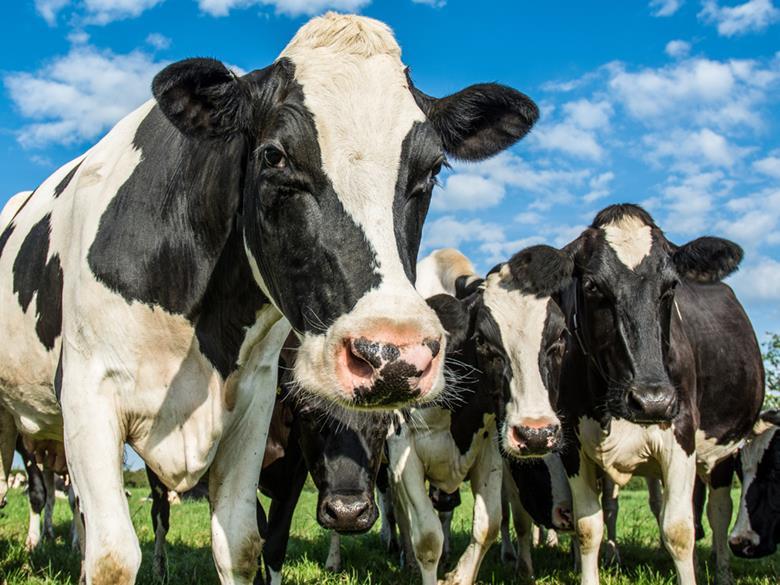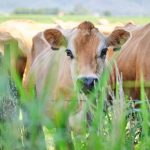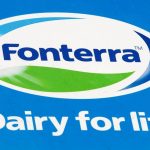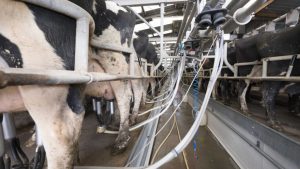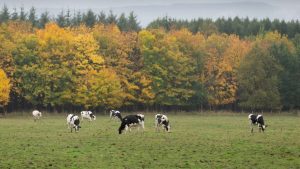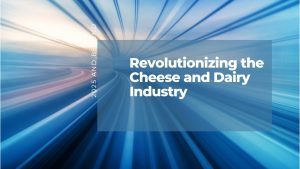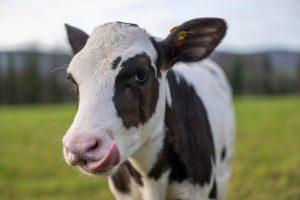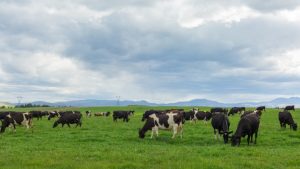
The industry-wide UK dairy Roadmap initiative has unveiled a new set of sustainability commitments to help the dairy sector reach net zero carbon emissions by 2050.
The initiative’s steering group has set out a “detailed delivery programme of actions” in its new Net Zero Climate Ambition document – which will act as a template for setting targets to reduce total dairy sector emissions.
These include commitments to also reduce methane and nitrous oxide emissions and to eliminate the use of fluorinated gases by shifting towards natural refrigerants with lower global warming potential.
The group said it would also confirm a “robust” greenhouse gas footprint for UK dairy and establish a framework for the measurement and collation of environmental data on the issue.
It also intends to develop a set of KPIs linked to emissions, which will be used to make improvements, while a modelling project on the dairy farm of the future would help farms “move towards a low-carbon future”.
Dairy UK CEO Judith Bryans said the steering group hoped an implementation deadline for the actions of next year would be in place soon so that “everybody understands what they are doing”.
Established in 2008 and led by Dairy UK, AHDB and the NFU, the Dairy Roadmap had already made “vast progress” against earlier sustainability targets to improve the environmental footprint of the dairy supply chain, said Bryans.
Key milestones to date included an 18% improvement in energy efficiency, while greenhouse gas associated with milk production had fallen by 24%. But “there was so much more to do”, she added.
The group’s net zero ambition “builds upon the many commitments and efforts our processors and farmers have already made and brings the sector together to move forward as one on this journey”, Bryans pointed out.
“We are dedicated and committed to the sustainability of the sector and in our drive to continually improve. Together we can rise to the challenge, and we’re excited to get going in building the sustainable dairy sector of the future.”
Dairy farmers in the UK were “already working hard to address the challenge of climate change, and we are now committing to do even more”, said NFU dairy board chairman Michael Oakes.
“We are engaged in initiatives to reduce the carbon footprint of dairy, such as improving productivity, efficient use of nutrients and incorporating renewable and bioenergy systems on farm via solar panels and anaerobic digesters.”
The roadmap’s latest commitments would “encourage dairy producers and processors to work together to achieve a common goal, while demonstrating that we can produce climate friendly food to our consumers”, Oakes added.
“Our commitment to science-based targets and a recognition of the role of methane is an important step in cementing the sustainability of dairy for the long term.”
